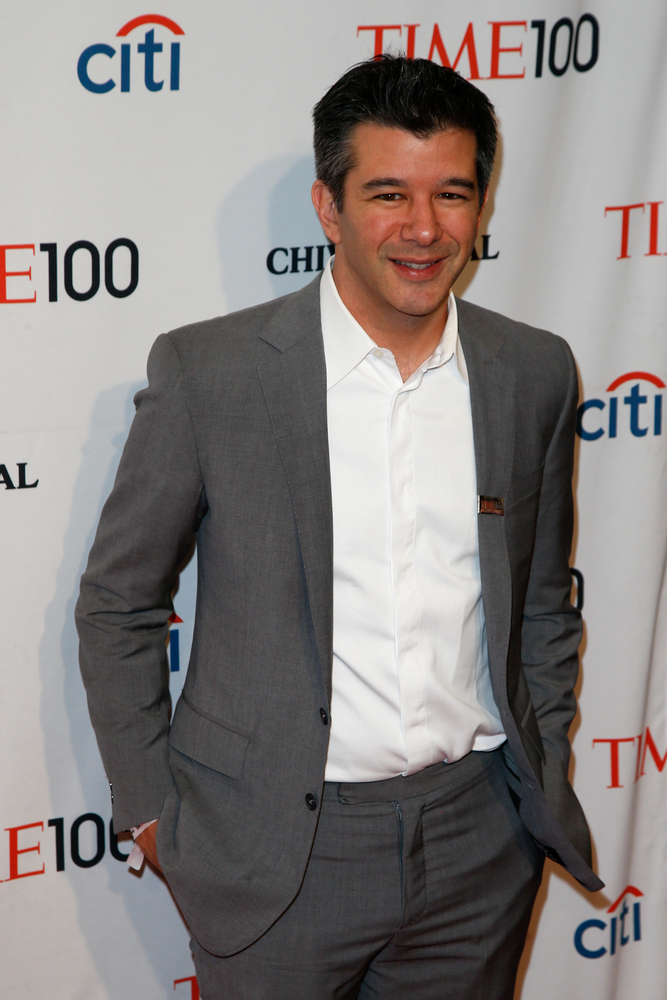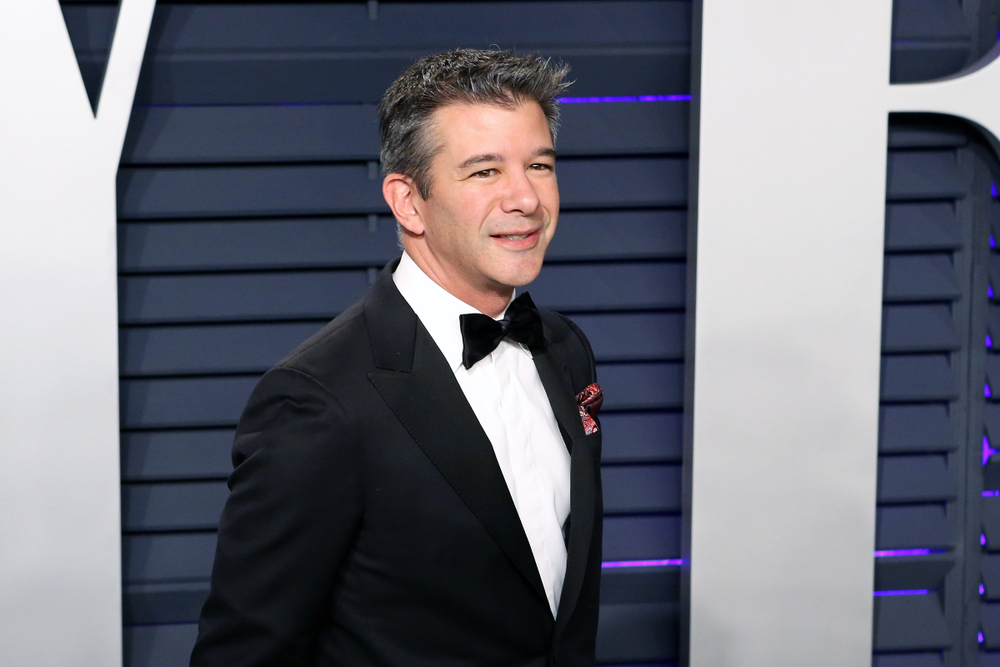Booted from His Own Empire: Travis Kalanick and the Fall of Uber’s Toxic Titan
In 2017, Travis Kalanick, once a poster child for Silicon Valley’s disruptive innovation was forced out of his role as CEO of Uber. Fast forward to 2025, and his dramatic exit stands as an early example of how the tide turned against toxic corporate leadership.
The Rise and Freefall of Uber’s Co-Founder
Kalanick co-founded Uber in 2009, quickly scaling the company into a multi-billion-dollar global force that upended the taxi industry. But beneath Uber’s meteoric rise lay a company riddled with problems, from sexual harassment claims and aggressive internal culture to clashes with regulators and a stunning lack of accountability.
By mid-2017, Kalanick was pressured to resign by Uber’s own investors, following a cascade of scandals, including a viral video of him berating an Uber driver, and a bombshell blog post from former engineer Susan Fowler exposing the company’s culture of harassment and neglect.

Why He Was Pushed Out
Let’s be clear: Travis Kalanick didn’t just step down, he was pushed. A damning internal investigation led by former Attorney General Eric Holder confirmed what whistleblowers had been shouting for months: Uber’s leadership had enabled a toxic environment. The board had no choice but to act and Kalanick’s resignation became a blueprint for cleaning house.
In hindsight, it was one of the first highly publicized cases where toxic leadership couldn’t hide behind innovation anymore.
Related: 7 CEOs Fired for Misconduct and Mismanagement
Related: John Chidsey Steps Down as Subway CEO Amid Industry Exodus
Related: Albert Bourla: The Veterinarian Steering Pfizer's Future
What Is Travis Kalanick Doing Now?
After Uber, Kalanick pivoted to a quieter but still influential venture CloudKitchens a startup focused on "ghost kitchens" that power food delivery apps. Though less visible than Uber, it’s a play that keeps him firmly in the tech and logistics game.

A Cautionary Tale for Today’s CEOs
In 2025, Kalanick’s downfall is more relevant than ever. With reports like Forbes noting a 14% rise in CEO resignations just this January, the message is clear: companies are no longer tolerating toxicity at the top. The bar has been raised from tech to retail and culture is no longer an afterthought.
Opinionated Conclusion
Kalanick’s exit was a long-overdue wake-up call. The days when vision alone could excuse a harmful work culture are gone and rightfully so. CEOs set the tone, and when that tone is abusive, exclusionary, or dismissive, they shouldn’t just step down they should be shown the door. His story should be required reading for every leader in 2025.













